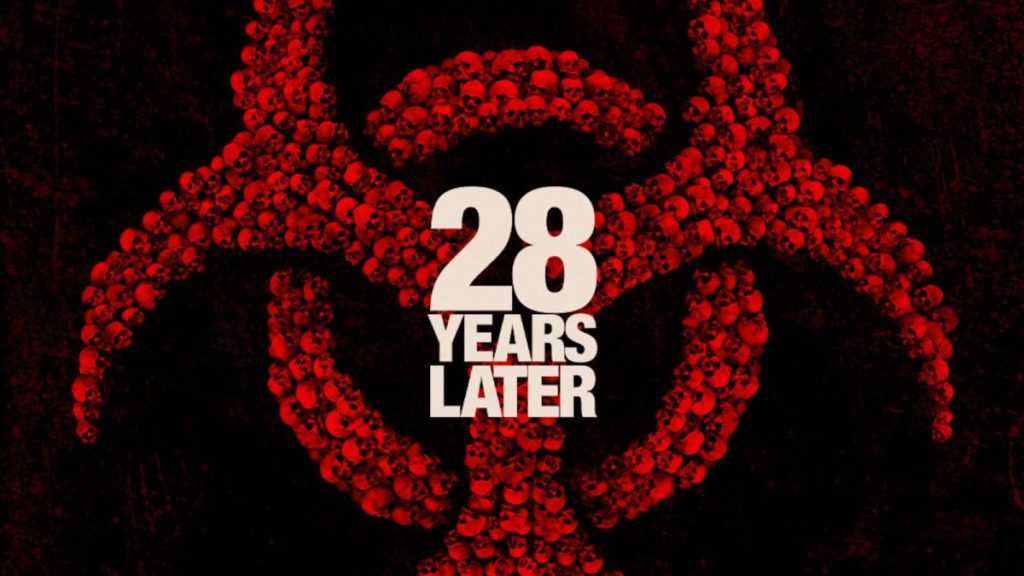The upcoming third installment in the “28 Days Later” series, titled “28 Years Later,” has generated significant buzz even before its June 2025 release, thanks in part to a cleverly chosen soundtrack for its trailer. The trailer, released yesterday, offers glimpses of a ravaged Britain, infected individuals, and a fleeting shot of Cillian Murphy, a star of the original film. However, what truly sets this trailer apart is the unsettling audio backdrop: a spoken-word rendition of Rudyard Kipling’s poem “Boots,” rather than the traditional music score. This unexpected choice has intrigued film enthusiasts and literary aficionados alike, prompting a renewed interest in the poem and its historical context.
Rudyard Kipling, a renowned English novelist and poet of the late 19th and early 20th centuries, is best known for works like “The Jungle Book.” His writing often explored themes of the British Empire, reflecting his upbringing in British India. While his work earned him the Nobel Prize in Literature in 1907, it has also drawn criticism in modern times for its colonialist undertones. “Boots,” published in 1903 as part of the collection “The Five Nations,” captures the psychological state of a British soldier marching in South Africa during the Second Boer War. The poem’s repetitive nature mimics the monotonous and grueling experience of marching, offering a glimpse into the soldier’s mental state.
The trailer utilizes a 1915 recording of “Boots” by American actor Taylor Holmes. Holmes’s delivery is particularly striking. He begins with a dry, measured recitation, which gradually intensifies into a frantic, almost hysterical shriek. This chilling performance effectively conveys the psychological toll of war, making the recording far more impactful than a simple reading of the poem. The power of Holmes’s rendition is so profound that it was used by the U.S. military’s Survival, Evasion, Resistance, and Escape (SERE) program to prepare soldiers for the psychological stresses of hostile environments. The recording is readily available online, and a single listen quickly reveals its deeply unnerving nature, offering a chilling glimpse into the potential trauma experienced by soldiers.
The choice of “Boots” for the “28 Years Later” trailer is ingenious for several reasons. The poem’s themes of psychological distress, isolation, and the relentless march towards an uncertain future resonate with the post-apocalyptic world depicted in the film series. The repetitive, almost hypnotic quality of the poem mirrors the relentless nature of the infected and the constant threat they pose. Furthermore, the historical context of the poem, set during a brutal war, adds another layer of meaning, suggesting a parallel between the horrors of war and the horrors of a zombie apocalypse.
The trailer’s use of “Boots” also highlights the artistry and effectiveness of trailers in generating anticipation for a film. With limited information available about the plot of “28 Years Later” aside from its timeframe and a partial cast list, the trailer relies heavily on atmosphere and tone to create intrigue. The unsettling audio, coupled with the visuals of a decaying world, immediately grabs the viewer’s attention and leaves a lasting impression. This strategic use of sound design not only generates buzz but also prompts speculation about the film’s direction and thematic content.
Furthermore, the inclusion of “Boots” demonstrates a clever understanding of cinematic language. By using a non-traditional soundtrack, the trailer stands out from the typical Hollywood fare. This unconventional approach sparks curiosity and encourages viewers to delve deeper into the meaning behind the chosen piece. The trailer’s success lies not only in its ability to create a sense of unease but also in its capacity to ignite discussion and anticipation. In a world saturated with trailers, the “28 Years Later” trailer manages to cut through the noise and leave a lasting impression, all thanks to a century-old poem and its chillingly effective delivery. The trailer ultimately serves as a testament to the power of sound in filmmaking and the ability of a well-crafted trailer to capture the essence of a film even before its release.














